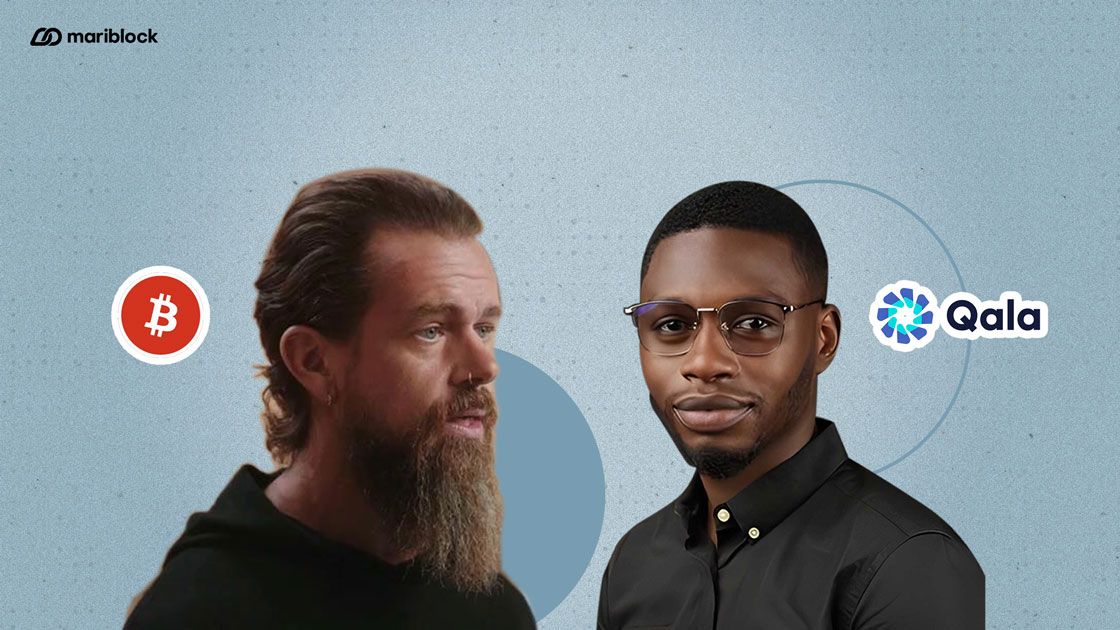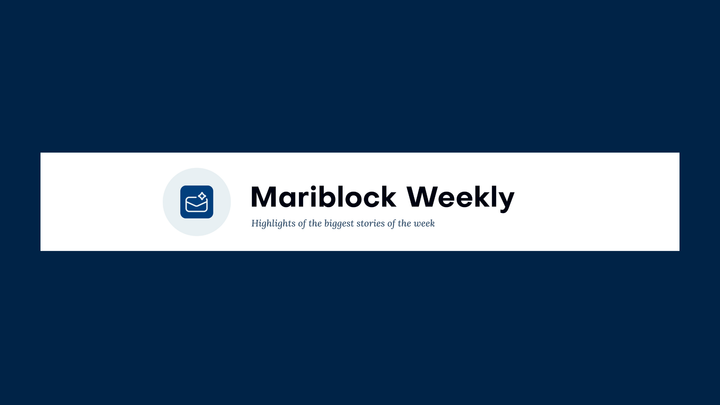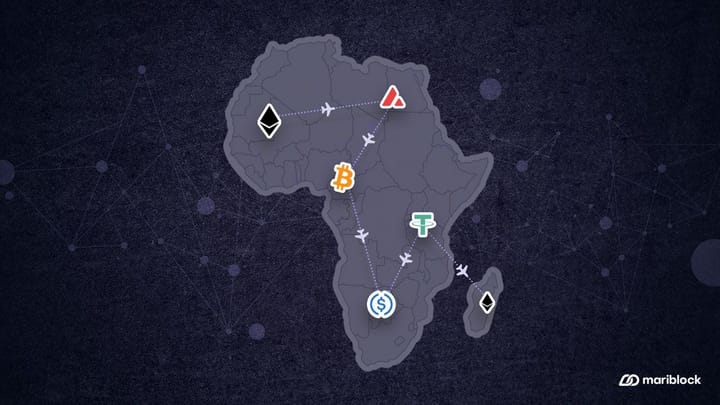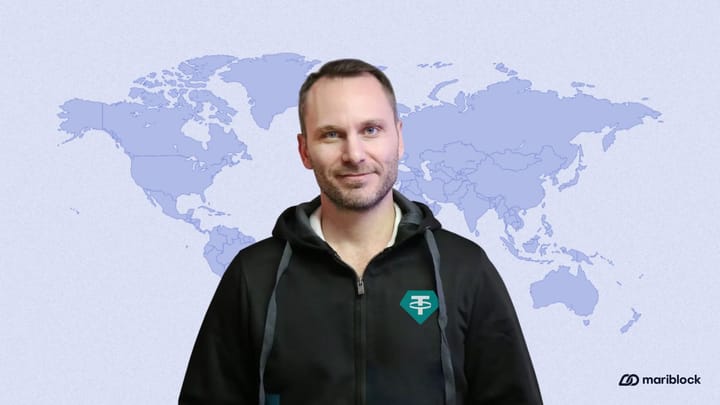Btrust, cofounded by Jack Dorsey and Jay Z, acquires African Bitcoin talent development firm Qala
The acquisition will see Qala rebrand as Btrust Builders with a new focus on providing training in open-source Bitcoin software development.

Btrust, a non-profit committed to decentralizing Bitcoin software development, has acquired Qala, a training organization for Bitcoin developers and engineers in Africa. The acquisition was completed on September 1, and the deal’s financial terms remain undisclosed.
The details
- The acquisition will see Qala rebranded as the Btrust Builders Program to further Btrust’s mission of raising Bitcoin ecosystem builders in the Global South, according to a press release shared with Mariblock.
- In addition, CEO Femi Longe and Programs Manager Stephanie Titcombe will join Btrust’s team as program leads. Their job will center on training software developers in open-source technologies.
Key quotes
Bernard Parah, co-founder and director of Qala, speaking on the acquisition, said:
“When we launched our program in 2021, our goal was clear — to build a critical mass of African engineers with a deep understanding of Bitcoin’s capabilities to transform the continent. Today’s announcement significantly accelerates this mission, strengthening our capacity to not only expand our existing community but effectively resource them to play a major role in influencing Bitcoin’s open-source development as a vital solution to Africa’s unique socio-economic challenges.”
Ojoma Ochai, a board member at Btrust, said:
“We are incredibly proud to welcome Femi and his excellent team to Btrust. With Qala’s extensive outreach and world-class programs, the organization has made rapid progress in driving open-source development in the Global South through the advancement of education within the region, which is heavily aligned with our core mission at Btrust.
“As we move forward, we are fully focused on not only building on Qala’s impressive work in Africa but empowering more developers throughout the Global South with the support they need to build truly innovative open-source solutions through the power of Bitcoin.”
Why this matters
Africa has the youngest population in the world, with 60% of its 1.5 billion people under 25 years old. Out of this demographic, a Google report indicates approximately 700,000 software developers. However, the subset of these developers working on Bitcoin’s open-source technology is significantly smaller.
Open source refers to a codebase anyone can inspect, modify and enhance. Bitcoin’s design is open source, with developers worldwide working to maintain and build new features that improve the technology’s usability.
Femi Longe, the CEO of Qala, told Mariblock that there is a shortage of African developers actively engaged with Bitcoin. Consequently, only a limited number of products tailored to African cultural and economic contexts have been created. In addition, African representation in crucial Bitcoin decision-making processes remains limited because many developers lack the technical expertise to participate.
“The problem of [Africans ...] not being in that group [ Bitcoin developers] is decisions can be made around the technology that do not match our own technical reality or our own cultural reality.”
“Open source is not really a thing that engineers in our part of the world [Africa] typically consider as a career path. The beauty of Bitcoin was that the people or the person who created Bitcoin ... gave it to a community of developers and then walked away from the scene. And with the evolution of technology, there is a core group of developers that are involved in how the technology evolves.
“Unfortunately, there are not many Africans in that group, and the problem of ... not being in that group is decisions can be made around the technology that do not match our own technical reality or our own cultural reality.”
Qala, established in 2021, set out to bridge this gap. The non-profit aims to discover and educate a community of African Bitcoin developers specializing in tailoring solutions for the African environment. Qala also seeks to connect these developers to employment opportunities.
As a result, Africans can sit on key decision-making tables related to Bitcoin development. Qala boasts a 100% placement rate for the 12 developers who participated in its first cohort, which ended in July 2022.
However, Longe highlighted that a significant challenge Qala has faced is access to funding. Qala is a non-profit that relies entirely on grants and outside funding. He admitted that the organization is sometimes susceptible to the movements of the Bitcoin market, where organizations spend more in the bull market and less in the bear market.
Btrust, on the other hand, is a non-profit fund dedicated to furthering the open-source development of Bitcoin by training and empowering developers to work exclusively on building for Bitcoin. The fund established by Block’s founder, Jack Dorsey, and the American rap star Jay Z focuses majorly on developers from the Global South. Btrust’s founders appointed three Nigerians and a South African to Btrust’s board, including Qala’s co-founder, Abubakar Nur Khalil.
Dorsey is a known optimist about the potential of Web3 in Africa. He continues to support the region with investments and grants. Jack Dorsey’s company, Block, is betting big on Global South regions such as Africa for parts of its long-term growth.
Btrust’s acquisition of Qala helps to further both organizations’ goals, which are similar — building Bitcoin-focused African developers. It also helps resolve Qala’s challenges with funding.
Mariblock interviewed developers who completed Qala’s fellowship program. Jennifer Ezeobi, now employed at Bitnob, shared how the fellowship empowered her to explore Bitcoin’s permissionless technology, enabling anyone, regardless of location, to create solutions “bigger than themselves.” Ezeobi, who contributed to Bitnob’s “Send Globally” feature launched in partnership with Strike to enable Bitcoin-powered remittances into Africa, added that Qala helped her to get hands-on in the development process.
On the other hand, a contributor to the open-source Bitcoin Dev Kit project — a library of tools for building Bitcoin wallets — Vladimir Foneme, who was also part of Qala’s first cohort, said the program granted him access to mentorship and a community of developers.
“More than just learning the technology [...] one of the things that I took going out of the program was I suddenly became part of a community,” he said. “I have mentors that were mentoring me in the program that I still reach out to today. I have my peers that we collaborate nearly on a weekly or monthly basis on projects.”



